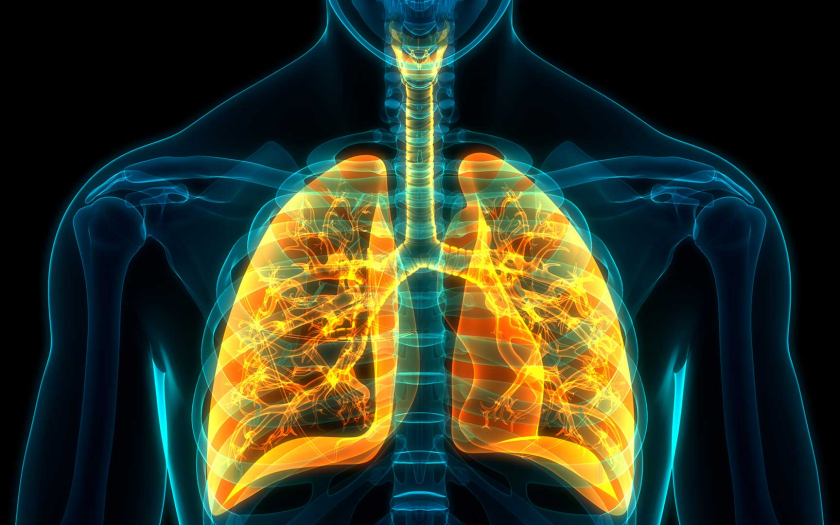Do not smoke.
Smoking causes the most negative effects on the lungs. If you take care of your health, you need to forget about this habit. There are no safe doses for smoking. Any exposure to cigarette smoke can cause lung disease. Passive smoking also has a detrimental effect on the lungs, so frequent inhalation of cigarette smoke is dangerous.
Fresh air.
Most city dwellers are exposed to air pollution, which poses a serious risk to lung health. Dirty air can cause diseases such as bronchial asthma, COPD and more. To reduce the effects of pollution, try to visit places with clean air more often.
Environmentalists recommend three main points in maintaining clean air in your home: improve ventilation; minimize all sources of pollution; use air purifiers.
Buy houseplants: they are not only beautiful but also useful. Some of them, such as lilies or Chinese evergreens, are able to clean the air of toxins and improve its quality.
Healthy eating.
Foods rich in antioxidants have a positive effect on lung health. People who eat vegetables often (cabbage, broccoli, etc.) are more than twice as likely to develop lung cancer than those who do not eat enough of these foods. All dark leafy vegetables contain antioxidants, so eat them as often as possible.
Add more foods with different vitamins to your diet. Studies have shown that eating foods high in vitamins A and C can help improve lung health and well-being. Also eat foods that contain zinc, potassium and magnesium. Fruits such as oranges and kiwis can help prevent respiratory diseases.
Get vaccinated against the flu and follow the rules of hygiene.
Be sure to wash your hands after each visit to public places. This will help prevent infection with diseases that affect the respiratory system (including Kovid-19).
Timely flu vaccination will help protect a person from a disease that is unpredictable in its consequences. Especially people over the age of 65 should be monitored for lung health. They should get a pneumococcal vaccine. In addition, try not to be in crowded places during epidemics, and constantly ventilate the room.
Be active.
Exercise will not only make your lungs healthier; it will also improve the functioning of the whole body. But it’s not about grueling workouts in the gym. Running in the morning, dancing, jogging at home, skiing in winter and hiking in summer – this lifestyle also helps to strengthen the lungs. People with chronic lung disease need regular exercise. Deep breathing completely fills the lungs with oxygen and improves their function. Breathe so that your chest rises as you inhale and your abdominal muscles relax as you exhale. Proper posture promotes full opening of the lungs and deeper breathing. If you need to sit for a long time, lean back more often and take a few deep breaths.
See a doctor in a timely manner.
If you notice signs of lung disease, be sure to see a doctor. The doctor will be able to determine what the pathology is and prescribe effective medications, such as Asthalin or Foracort.

